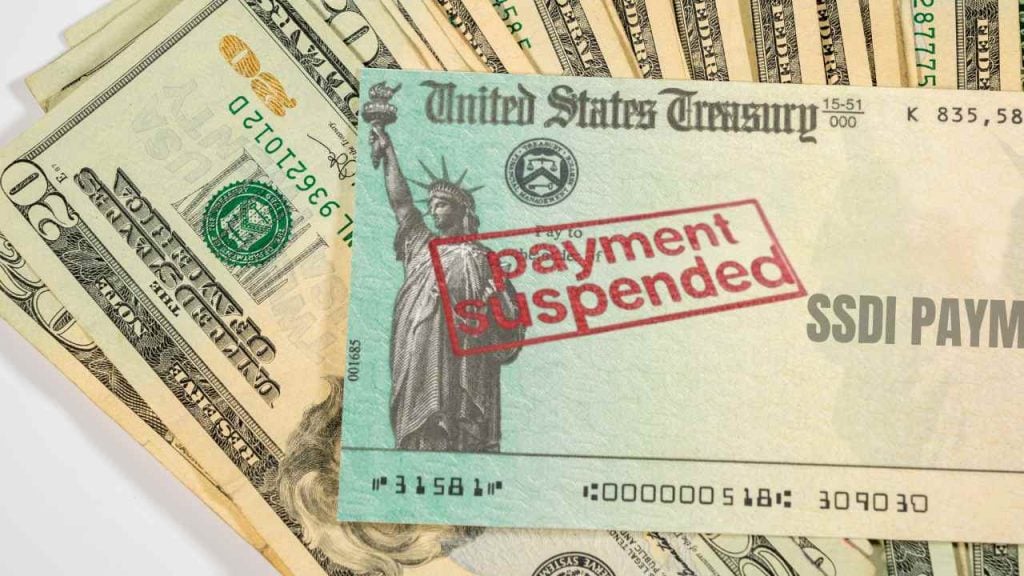A few weeks ago, the Donald Trump administration ordered the complete end of paper checks for federal payments from agencies such as the Social Security Administration (SSA) and the Internal Revenue Service (IRS). Starting September 30, 2025, physical Social Security checks will be a thing of the past, and the SSA will stop sending them to all federal beneficiaries who use this method of collection.
This includes those who receive Social Security Disability Insurance (SSDI). The measure is part of a modernization plan and has a clear objective: to reduce administrative costs and improve payment security. But for thousands, especially in rural areas or without digital banking access, this change is a threat. It represents a risk to their primary, or only, source of monthly income.
494,000 Social Security recipients could see their payments suspended
How many people are really affected by President Trump’s decision? Recent data reveals that nearly 494,000 people are still receiving their payments by paper. Although the number has dropped significantly in ten years, it is still significant. Each person could see their payments suspended if they don’t act.
The SSA and the Treasury Department explain their reasons. First: high operating costs. Producing, printing, mailing, and processing physical checks exceeds a dollar per unit. Electronic transfers cost just pennies. The potential savings? Hundreds of millions of dollars annually.
Security is also a consideration for the federal government. Mailed checks are vulnerable to theft, loss, and fraud. About 500,000 incidents of lost or stolen checks are reported annually. This creates headaches for recipients and overloads the system.
Electronic payments offer a more robust alternative. They are more secure, easily traceable, and arrive promptly on the assigned date. They reduce the risk and bureaucracy associated with replacements.
You have to do this ASAP so that your payments are not suspended.
If you receive SSDI by check and want to continue collecting, you must act now. The first step is key: log in or create your account on the official My Social Security portal. There you can update your payment method. You must choose between direct deposit to a bank or the Direct Express card.
Opting for a bank deposit requires having accurate information on hand: name of your bank or credit union, account number, type (savings or checking), and routing number. Errors here can cause delays or even temporary suspension of payment.
If you don’t have a bank account or prefer another option, apply for the Direct Express card. It’s a government-backed prepaid debit card. Funds are automatically loaded each month. Use it at ATMs, in stores, and online. A practical solution.
A new SSA rule also applies to SSDI payments
Please note this new requirement: Starting April 14, 2025, updating your payment method or bank details will require identity verification. This must be done in person, unless you’re using the online platform with enhanced authentication. This is a great way to prevent fraud.
But this measure can be a stumbling block. Those without reliable internet access will have to go to a local SSA office. This is a logistical challenge, especially for residents in remote areas or those with limited mobility.
What happens if you don’t switch by September 30, 2025? Your monthly payment will be automatically suspended. Checks will stop being issued. To reactivate your payment, you’ll need to complete the online enrollment process. This process can take weeks or months.
Additionally, if the SSA doesn’t confirm your current address or if you ignore requests (such as medical checkups or income verification), they may also preemptively stop payments. Keep your information up to date and respond to all official notifications.
